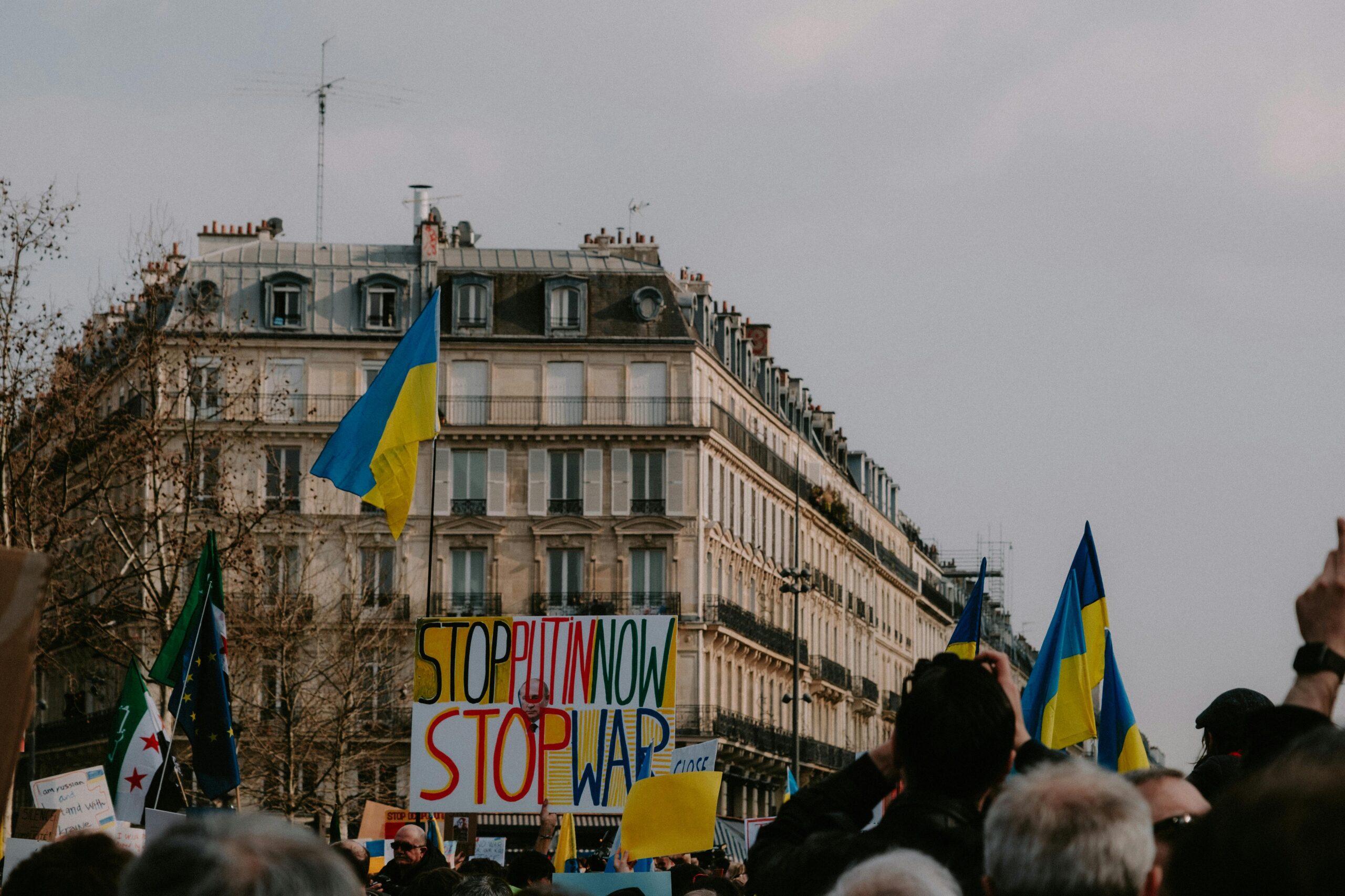On Monday, March 18, United States and Russian negotiators concluded a 12-hour round of talks in Riyadh, Saudi Arabia, aimed at securing a partial ceasefire in Ukraine. According to Russia’s state news agency TASS, the discussions lasted over 12 hours, with a joint statement on the results expected soon. Following the talks with Russia, US officials were set to meet with Ukrainian negotiators.
Earlier that day, US President Donald Trump announced that his administration was close to finalizing a US-Ukraine revenue-sharing deal on critical Ukrainian minerals and was also in talks with Kyiv about the possibility of American companies owning Ukrainian power plants. The negotiations primarily focused on halting attacks on Black Sea shipping, with hopes of establishing a broader ceasefire to end the three-year Russia-Ukraine war.
Prior to this day’s talks, US officials had already met with the Ukrainian delegation to discuss protecting civilian and energy infrastructure. Ukrainian Defence Minister Rustem Umerov, who led his country’s team, described the earlier talks as “productive.”
On the same day, Russia continued its military operations, launching airstrikes on Kyiv for the third consecutive night. The strikes wounded one person and damaged homes in the region surrounding the Ukrainian capital. Ukrainian Foreign Minister Andrii Sybiha condemned the attacks, arguing that Russia should stop its military aggression rather than issuing what he called “hollow statements about peace.” His comments came in response to a recent Russian missile strike on a residential neighborhood in Sumy, which had injured nearly 90 people, including 17 children, and damaged a school and a hospital.
A cyberattack also disrupted Ukraine’s state railway ticketing system on this day, with Kyiv officials blaming Russia for attempting to destabilize the situation. Russia claimed it had downed 227 Ukrainian drones within 24 hours, while firefighters in the southern Krasnodar region continued battling a fire at an oil depot, which had been struck by a Ukrainian drone attack days earlier.
By the end of the negotiations on Tuesday, March 19, some progress was made. Two separate agreements were drafted, one between the US and Russia, and another between the US and Ukraine. While there were differences, the agreements shared common ground, particularly on ensuring safe navigation in the Black Sea, eliminating the use of force, and preventing commercial vessels from being used for military purposes.
However, the situation became more complicated when the Kremlin issued its own statement, adding conditions not included in the original US-Russia agreement. Moscow declared that the Black Sea ceasefire would only take effect if sanctions on Russian banks, insurers, companies, ports, and ships were lifted to facilitate Russian exports of agricultural and fertilizer products.
The Kremlin also stated that the 30-day pause on energy strikes would be backdated to March 18 and could be suspended if either side violated the agreement.
